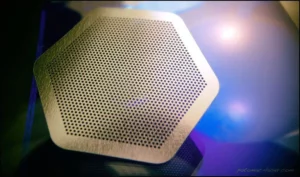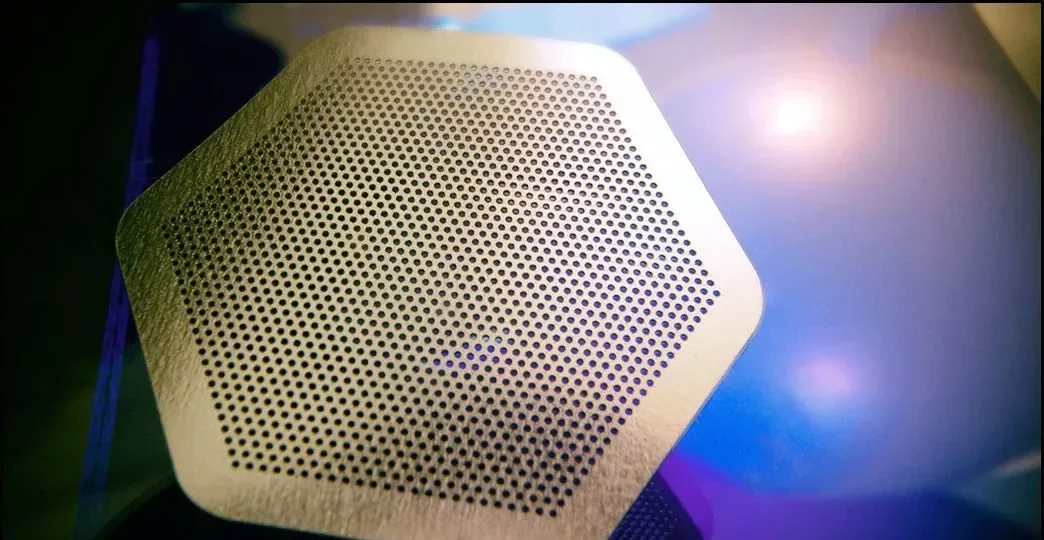 At Potomac we’re used to seeing some of the most interesting – and challenging – miniaturization projects on the planet. Recently we helped a Canadian university group miniaturizing for a space application.
At Potomac we’re used to seeing some of the most interesting – and challenging – miniaturization projects on the planet. Recently we helped a Canadian university group miniaturizing for a space application.
Polytechnique Montréal is competing in the Canadian Satellite Design Challenge (CSDC) and we were able to help laser micromachine micro holes for their entry. To win CSDC, teams of university students across Canada are designing and building small operational CubeSats for scientific research and the winning team has the distinct honor of actually having their entry launched into space – no small feat, as space launches are not easy to achieve on one’s own! If that were not motivation enough to win the CSDC, UrtheCast, who make Earth-imaging systems for geospatial analysis, are offering a cash prize and trophy for educational outreach during the 2-year challenge.
These miniaturized satellites measure 34cm x 10cm x 10cm, essentially a stack of cubes, and have a maximum mass of 4kg. CubeSats are most commonly deployed into orbit from the International Space Station or launched as secondary payload from a carrier rocket launched from earth into space.
In the building phase, Constance Fodé, Project Manager, and Josué Zabeau, Payload-team Leader, team members from the Mechanical Engineering Department, needed a specific high precision part fabricated. They found Potomac and wanted to work with the advanced manufacturing leader because of their extensive experience. Explains Constance, “It was our first time working in this industry and Mike Adelstein [Potomac’s President and CEO] was very helpful sharing information in order for us to understand the process. We now realize there is a lot of art behind the technology, and that can only be gained with experience.”

Miniaturization was especially important for the CubeSat electrospray thruster technology. Thrusters allow the CubeSat to control altitude and move throughout the planetary system enabling a wider variety of applications. The Polytechnique Montréal team wanted to have as many thrusters as possible on the satellite so size was a serious consideration.
Josué describes IonDrop: “our second payload is an electrospray thruster, a technology based on the acceleration of ions through an electric field. The part that Potomac made for us creates an electric field that can propel the satellite through use of an ionic liquid. A highly precise manufacturing method was required.” The 300 micron thick stainless steel plate needed a grid laser micro-machined with 1556 holes that are 250 microns in diameter. These holes provide the magnetic field and the accelerated ions pass through the holes to create thrust. The thrust may be small but is sufficient to accelerate the satellite at a rate of 150 meters per second over long periods of time, expanding its reach in the solar system.
Final testing of the CubeSats in the competition will take place in Ottawa in June. We’re excited to help such a motivated team and will be pulling for their CubeSat to win CSDC, and fulfill the students’ dream of deploying their project into space.


